практика. !!!ПРАКТИКУМ 1 часть. Практикум для курсантов, обучающихся на многоуровневой основе в 2 частях Часть 1 3е издание, переработанное
 Скачать 2.3 Mb. Скачать 2.3 Mb.
|
|
Ex. 7. a. Answer the questions in pairs. 1. How many documents do you have which have your photo on them? 2. Where was your passport or ID card photo taken? in a photo booth / at home / at a photo studio 3. Do you think the photo looks like you? 4. Do you like the photo? Why (not)? b. Look at three people and their passport photos. Do they look like their passport photos? 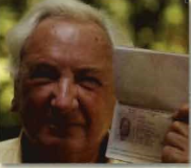 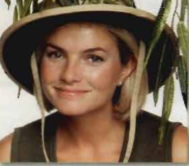 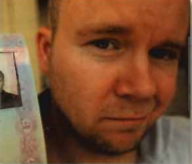 Michael Winner Ruth England Toby Young 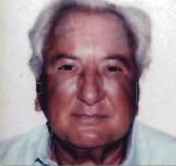 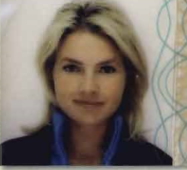 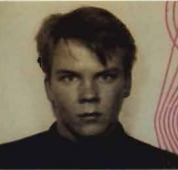 c. Read the first paragraph of the article and answer the questions. 1. Why is our passport photo important? 2. Which nationality are the least happy with their photo? 3. Which are the happiest? 4. Which nationality are the vainest? Do I really look like this? Our passport (or identity card) photo is the photo we show to the largest number of different people during our lives. But how happy are we with our photo? Do we make an effort to get a good one? According to research done by the US printer company Lexmark, the answer varies according to nationalities. It seems that the Italians are the most embarrassed about their passport photo (21% said they didn’t like showing it to other people). On the other hand, 98% of Norwegians said they were happy with their photos. And the French spend most time trying to get the perfect photo (sometimes spending an hour in the photo booth!). We asked three British media celebrities how they felt about their passport photos… d. Now read the rest of the article. Who is happy with their photo? Who isn’t? Why? Michael Winner – film director. ‘I used to be very proud of my passport photo’, said Michael Winner. ‘For more than forty years I looked like an elegant film director’. But recently Michael renewed his passport and took a new photo in a photo booth. ‘Now I look like a drug dealer’, he says. Ruth England – TV holiday show presenter. Ruth England spends her life travelling and showing her passport photo to passport officials around the world. She confessed, ‘Once I had a passport photo where I looked really hideous and so I deliberately ‘lost’ my passport and got a new one. For my latest passport, I took several photos and I chose the best one. I quite like it. I’ve had much worse ones.’ Toby Young – author and journalist. Toby Young said, ‘I’m often stopped when I go through passport control because I don’t look like my passport photo at all. In my photo I had a lot more hair but now I’m bald’. No one believes it is me. So, now I have two possibilities: take a wig with me every time I travel or get a new passport photo!’ issue a warning – inform people about a possible danger; fatally injured – badly hurt, resulting in death brutal murder – violent killing of someone serving a sentence – undergoing a punishment given by a court of law 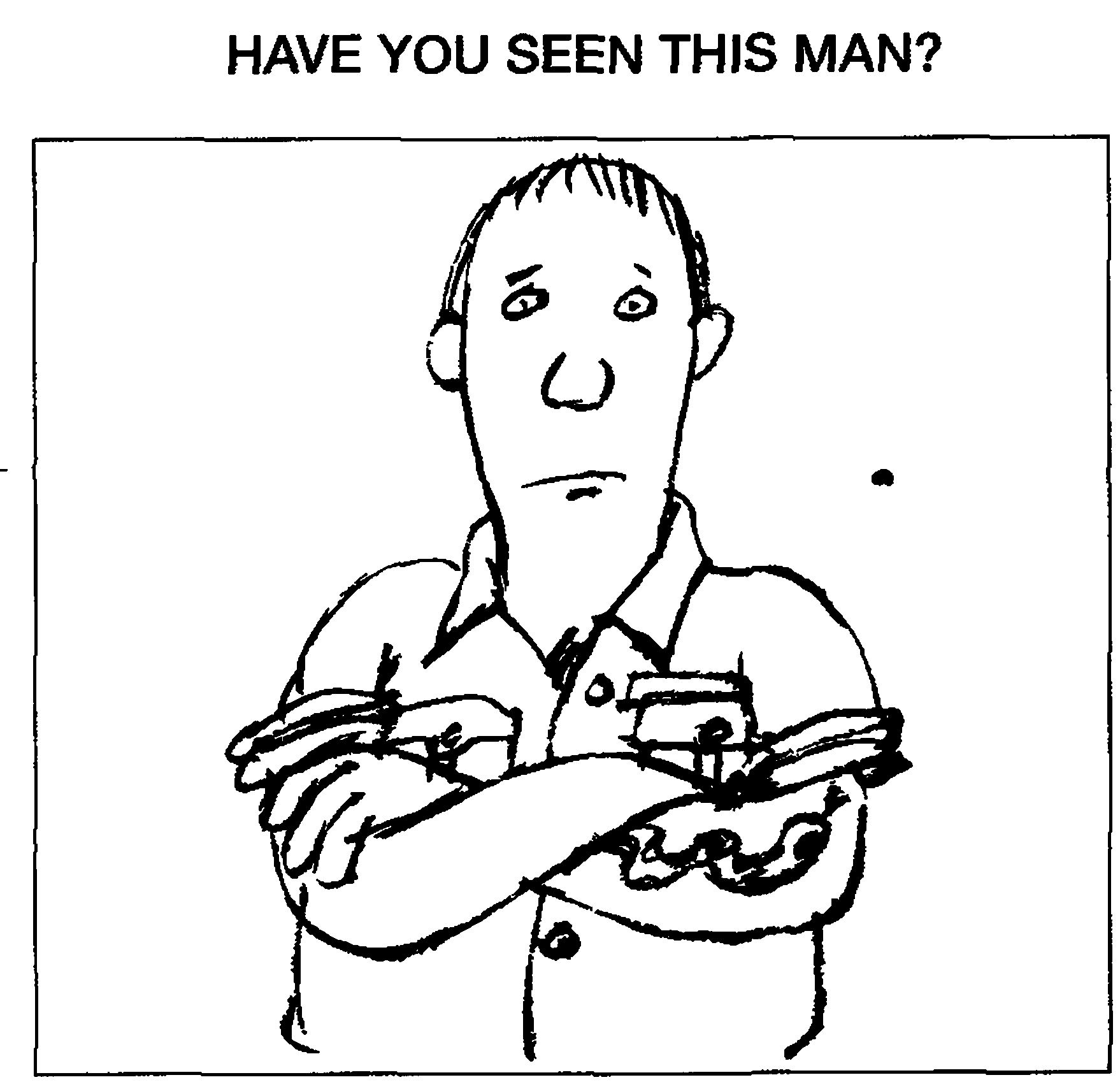 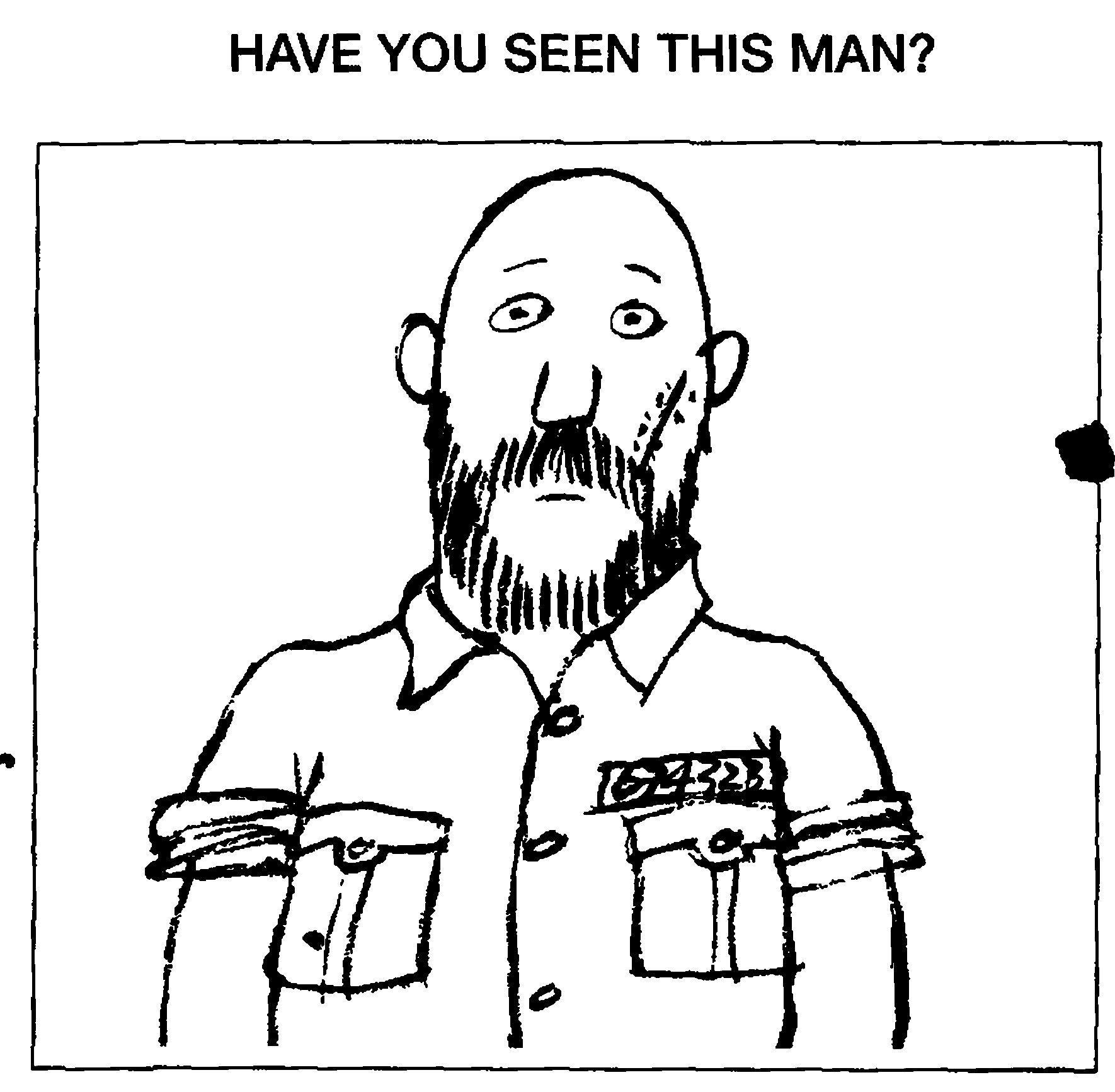
Ex. 9. Working in pairs make up a dialogue for the imaginary situation. You witnessed a bank robbery. Describe the criminals to the policemen. Ex. 10. At home prepare several pictures of good quality of different people and be ready to describe their appearance. Then you may exchange the pictures with your groupmates. Ex. 11. a. Read the text paying attention to the descriptions of the main characters. Home (After W. S. Maugham) The farm, an old-fashioned stone house, was built in 1673, and for three hundred years the people had been born and died in it and had farmed the surrounding land. George Meadows was a man of fifty and his wife, Mrs. George, was a year or two younger. They were both fine people in the prime of life. Their three daughters were lovely and their two sons were handsome and strong. They had no notions about being gentlemen and ladies; they knew their place, were happy and deserved their happiness, as they were merry, industrious and kindly. The master of the house was not George, but his mother, who was twice the man her son was, as they said in the village. She was a woman of seventy, tall, upright, with gray hair and a wrinkled face. Her eyes were bright and shrewd and she had a sense of humour. Her word was law in the house and on the farm. In short, she was a character. One day Mrs. George met me in the street and told me that they had received a letter from their Uncle George, whom they all thought dead. The letter informed them of his coming. "Just fancy," she said, "he hasn't been here for fifty years. And old Mrs. Meadows sits there and smiles to herself! All she says is that he was very good-looking, but not so steady as his brother Tom!" Mrs. George invited me to look in and see the old man. I accepted the invitation with joy, as I knew the story of Uncle George Meadows and it amused me because it was like an old ballad. It was touching to come across such a story in real life. More than fifty years ago, when Mrs. Meadows was Emily Green, a young charming girl, George and his younger brother Tom both courted her. When Emily married Tom, George had gone to sea. For twenty years he sent them presents now and then; then there was no more news of him. After her husband's death Emily wrote George about it, but never received an answer. And the previous day, to their greatest surprise they received his letter, in which he wrote that he was crippled with rheumatism and feeling he had not much longer to live, wanted to return to the house in which he was born. When I came the whole family was assembled in the kitchen. I was amused to see that Mrs. Meadows was wearing her best silk dress. On the other side of the fireplace sat an old man with a wrinkled yellow face. He was very thin and his skin hung on his bones like an old suit too large for him. Captain George, as he had called himself, told us that he had been so ill he thought he would never be able to get back, but the look of his old home had done him a lot of good. He said good-humouredly: "I feel now better and stronger than I have for many years, dear Emily!" No one had called Mrs. Meadows by her Christian name for a generation and it gave me a shock, as though the old man was taking a liberty with her. It was strange to look at these two old smiling people and to think that nearly half a century ago he had loved her and she had married another. When I asked him if he had ever been married he said he knew too much about women for that. Then he added looking at Mrs. Meadows: "I said I'd never marry anyone but you, Emily, and I never had." He said it not with regret, but with some satisfaction. Captain Meadows told us a lot of interesting stories about his adventures and about many things he had seen and done. "Well, one thing you haven't done. George, and that is to make a fortune!" said Mrs. Meadows with a thoughtful smile. "Oh, I'm not one to save money. Make it and spend it, that's my motto. But if I had a chance of going through my life again I'd take it. There are not many people who'd wish it!" I looked at this toothless, crippled, penniless old man with admiration and respect. That was a man who had made a success of his life, because he had enjoyed it. Next morning, I decided to see the old man again. I saw Mrs. Meadows in the garden picking white flowers. I asked her if Captain Meadows was well. "Oh, dear, he had always been a harum-scarum fellow! He boasted that he was so happy to be back in his old home that he would live for another twenty years. Alas! He died in his sleep." Mrs. Meadows smelt the flowers she held in her arms and added thoughtfully: "Well, I'm glad he came back. After I married Tom and George went away, I was never sure I had married the right man!" b. Find in the text the sentences that are answers to the following questions: 1. What kind of people were George Meadows, his wife and children? 2. Who was the real master of the house? 3. Why did the story of Uncle George amuse the author? 4. What letter had the Meadows received the previous day? 5. What did Captain Meadows look like? 6. What stories did he tell? 7. What made the author think that Captain Meadows had made a success of his life? 8. What did the old man boast of? 9. What did Mrs. Meadows say about him? 10. What did she say made her glad? c. Respond to the questions given below. Work in pairs. Enlarge the dialogues. e.g.: - I wonder if you could explain to me why the Meadows deserved happiness? - I believe because they were industrious and merry and knew their place. - And what do you mean 'they knew their place'? - Oh, that's like this, I think. They had no notions about being ladies and gentlemen. 1. I wonder if you could help me to understand who of the two women was Mrs. Meadows. 2. I'd like to know why it was Mrs. Meadows who was the real master of the house? 3. Do you really think that Mrs. Meadows was a character? 4. I'd like to know what made George go to sea? 5. I hope you don't mind my asking but why was it so amusing to see old Mrs. Meadows in her best silk dress? 6. Can you tell me why Captain Meadows had never married? 7. I'd like to know what you think about his motto? 8. Is it so important to make a fortune as Mrs. Meadows thought? 9. I'd like to know if you too agree that the old man had made a success of his life? 10. Could you possibly tell me if Mrs. Meadows had found the answer to her problem whether she had married the right man? d. Respond to the following statements. Give your reasons. Work in pairs and enlarge the dialogues. e. g.: - George Meadows and his family deserved their happiness. - Oh, yes, I couldn't agree more. They were industrious and merry. - Besides, they had no notions about being gentlemen and ladies and knew their place. - That's just what I'm thinking, etc. 1. Mrs. Meadows was twice the man her son was. 2. Mrs. Meadows was a character. 3. Uncle George's story amused the narrator. 4. Captain George was no longer a good-looking jolly fellow. 5. The old man had never made a fortune. 6. The old man inspired admiration and respect. 7. Captain George really loved Emily Green. 8. Old George made a success of his life. 9. Mrs. Meadows was glad that old George had come back. e. Respond to the following statements which are not true to fact. Give your reasons. Work in pairs and try to enlarge the dialogues. e.g.: - I think George Meadows was a good master of the house. - I'm afraid you've got it wrong, he wasn't. - But wasn't he industrious and steady and in the prime of life? - Yes, he was. But his mother was twice the man her son was, etc. 1. The Meadows had great notions about being gentlemen and ladies. 2. George Meadows was a character. 3. Emily Green married Tom because he was very good-looking. 4. Uncle George's story was a banal one. 5. Captain Meadows returned home to boast of his health, fortune and success. 6. All the household called Mrs. Meadows by her Christian name Emily. 7. Captain Meadows was very unhappy in his life. 8. Captain Meadows did not deserve admiration and respect. 9. Mrs. Meadows wasn't glad to see Captain Meadows. 10. Mrs. Meadows never thought whether she had married the right man. f. Pick out words and phrases from the text above and group them under the following headings: a) appearance; b) character. Learn them. g. Retell the text as if you were a member of the family. Ex. 11. a. Read the descriptions of these students and point out words and phrases that characterize them. Jack is popular with his fellow-students and most of his teachers. He works hard in his classroom, but sometimes he can be noisy. He is not deliberately disruptive, but he does find it difficult to sit still for long periods. He is full of energy. He is late for his classes more often than most students but he is always willing to help teachers and students. He is quite happy at school and doesn't seem to have any strong opinions about how things could be changed. He gets on well with his parents although he frequently quarrels with his younger sisters. Jane plays netball for the school team for her year, she is very popular with her fellow students. She takes the lead in arranging extra netball practices and group parties. She has a lively personality and a sense of humour. Her teachers like her but they complain about her unpunctuality and sometimes lateness of her homework. There is one particular teacher she does not like; she has been accused of being insolent to this teacher, but Jane denied it strongly. She has strong opinions about how the university should be run. Out of school she is dressed in very up- to-date clothes and collects all the latest records. She is a keen sportsman. Len is a very intelligent boy. He is not very good at games; in fact, he shows little interest in sport in general. He is no weakling however. He reads book after book, plays chess well and is very good at Physics. He is a friendly person but perhaps does not make friends as easily as some of the other students. Whatever he gives his mind on, he does with great determination. His parents are very proud of him. He lives in a flat on a housing estate near the University. He is not very talkative, but when he does speak, the other students tend to listen to him. Maggie thinks there are many things wrong with the University. She has ideas about changing the rules; for instance, she rebels against doing homework and believes that being punished by detention is wrong. Some of her teachers think she is a troublemaker. Some of her groupmates think she is loud and bossy; others think she is a very lively person. Maggie's mother is a councilor so she is accustomed to hearing her parents talk about important matters. She is intelligent, full of energy and seems to have opinions about everything. b. Decide and give your arguments: 1) who of these students you would like to make friends with; 2) who might be the best group representative. 3) what do you like / dislike about these people? c. Find the English equivalents for the following Russian word combinations from the text and use them in the sentences of your own. Пользоваться популярностью среди одногруппников; намеренно нарушать дисциплину; опаздывать на занятия; хорошо ладить с кем-либо; жаловаться на непунктуальность; обвинять в дерзости; страстно увлекаться спортом; постоянно нарушать дисциплину. Ex. 12. Look at the adjectives for describing people and match each one to the definitions. hard-working generous stubborn self-confident reliable loyal strict open-minded thoughtful naughty sensitive modest ambitious a) showing that you are thinking deeply / paying attention to the feelings of other people b) willing to give money, help and kindness c) having a strong desire to be successful, powerful, or rich d) willing to consider new ideas and opinions e) determined and having a strong will f) severe in demanding obedience to rules of behaviour g) that may be trusted, dependable / that you can trust to perform well at all times h) behaving badly, or not obeying a parent, teacher, or set of rules i) having a belief in one’s own value and abilities j) dedicating a lot of time and energy to work k) faithful to people, places, or things l) having or expressing a lower opinion of your own abilities than you deserve (a word used to express approval) m) showing delicate feelings or judgments |
